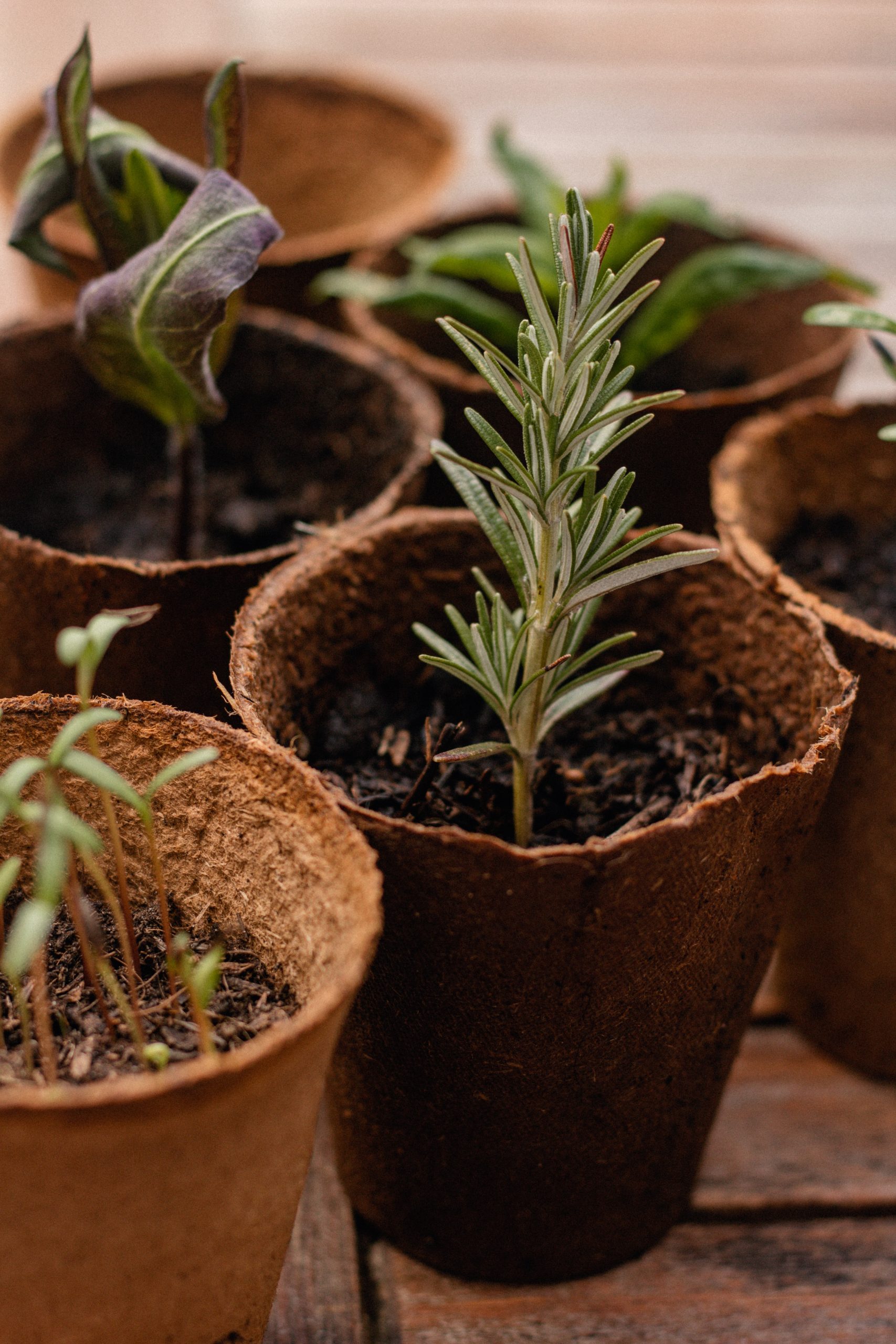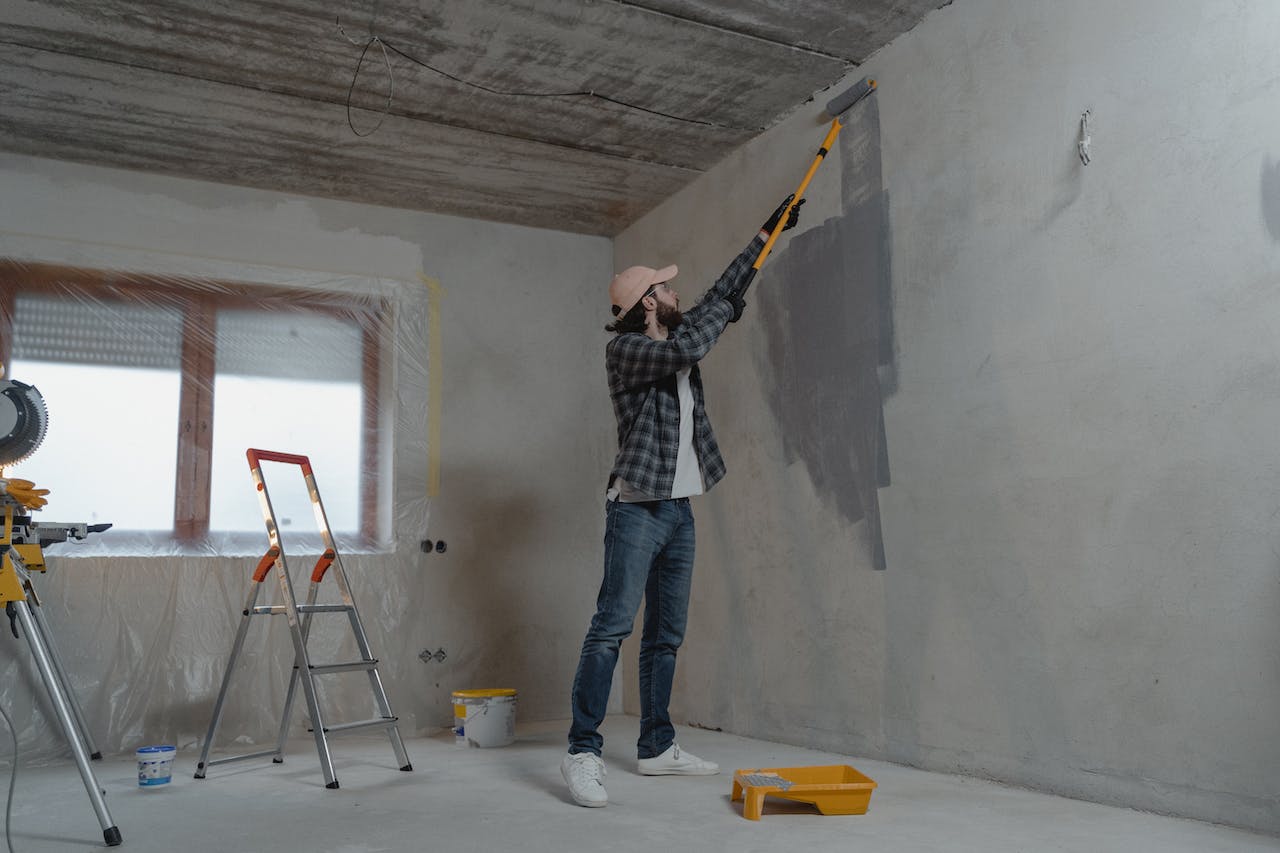Are you interested in reducing your waste and creating nutrient-rich soil for your garden? Then composting might just be the solution for you! Composting is the process of breaking down organic matter into a rich, dark material that can be used as a natural fertilizer. Not only does it reduce waste going to landfills, but it also saves money on buying fertilizers. In this beginner’s guide, we’ll cover everything you need to know about composting, from what kinds of compost to make to tips for keeping your pile healthy. Let’s get started!
What is Composting?
Composting is the process of breaking down organic materials, such as food scraps and yard waste, into a nutrient-rich soil amendment. It’s an environmentally-friendly way to reduce your household waste while creating a valuable resource for your garden.
The science behind composting involves microbes that break down the organic matter through a natural process called decomposition. When you provide these microbes with the right conditions, including oxygen and moisture, they can efficiently break down organic material into usable compost.
Composting doesn’t have to be complicated or expensive – in fact, it can be done on any scale from a small backyard bin to large commercial operations! By composting at home, you’re not only reducing landfill waste but also producing free fertilizer for your own garden.
Whether you’re just starting out or looking to improve upon existing practices, there are many benefits to incorporating composting into your daily routine. Let’s dive into some tips for making successful compost piles next!
What Kinds of Compost to Make?
When it comes to composting, there are several types of compost you can make depending on what materials you have available and what kind of plants you want to fertilize.
The most common type is simply called “garden compost” and is made up of a mixture of greens (nitrogen-rich materials like grass clippings) and browns (carbon-rich material like dead leaves). This type of compost is great for all-around garden use.
If you’re looking for something more specific, you can try making “leaf mold” which is created by allowing leaves to decompose over time. Leaf mold adds organic matter to the soil and helps retain moisture, making it ideal for plants that thrive in shady areas with moist soil.
For those with fruit trees or acid-loving plants like blueberries, “acidic compost” may be the way to go. This type of compost includes things like coffee grounds, pine needles, and citrus peels which create an acidic environment in the soil.
If you have livestock or access to manure from animals such as cows or chickens, then creating “manure-based compost” could be an option. Manure provides high levels of nitrogen which promotes healthy plant growth but should be aged properly before being added directly into your garden beds.
Keep in mind that different types of compost require different ratios of ingredients and methods for proper decomposition so always do some research before getting started!
How to Make a Successful Compost Pile
Making a successful compost pile can seem daunting at first, but it’s actually quite simple. The key is to balance the ingredients properly and maintain moisture levels. Here are some tips on how to make a thriving compost pile.
First, choose a spot in your yard that gets plenty of sunlight and has good drainage. Then, start with a layer of brown materials such as dried leaves or straw. This will provide carbon for the microorganisms in the pile.
Next, add green materials like grass clippings or vegetable scraps for nitrogen. Make sure to chop them up into small pieces for faster decomposition.
It’s important to alternate layers of brown and green materials throughout the pile while keeping it moist but not too wet. Using a pitchfork or shovel to turn the mixture every few weeks will help aerate it and speed up decomposition.
Avoid putting meat, dairy products, or pet waste in your compost pile as they can attract unwanted pests and emit unpleasant odors.
With patience and dedication, you’ll soon have nutrient-rich soil amendment that will benefit your garden plants for years to come!
Tips for Keeping Your Compost Pile Healthy
Keeping your compost pile healthy is crucial for successful composting. Here are some tips to help you maintain a healthy and thriving compost pile:
Firstly, it’s important to keep your compost pile moist but not too wet. A good rule of thumb is that the moisture level should be similar to a damp sponge. You can achieve this by watering your pile regularly, especially during dry spells.
Secondly, ensure that your compost pile has enough oxygen. Turning the pile every couple of weeks helps aerate the mixture and prevent it from becoming compacted or anaerobic.
Thirdly, add nitrogen-rich materials like grass clippings and food scraps regularly to provide a source of energy for microorganisms in the bin.
Fourthly, balance out nitrogen-rich materials with carbon-rich items such as leaves or wood chips. This helps regulate temperature while also introducing essential nutrients into the mix.
Avoid adding any meat or dairy products as they can attract rodents and other pests while also slowing down decomposition rates due to their high fat content.
By following these simple tips, you’ll be able to keep your compost pile healthy and productive all year round!
Conclusion
Composting is a simple and effective way to reduce waste and create nutrient-rich soil for gardening. By following the tips and tricks outlined in this beginner’s guide, you can successfully create your own compost pile at home.
Remember to choose the right kind of compost for your needs, layer materials properly, keep the pile moist but not too wet, turn it regularly, and be patient while waiting for it to mature.
By implementing these practices and keeping your compost heap healthy with regular maintenance, you’ll soon be rewarded with a rich source of natural fertilizer that will make all of your plants thrive.
So why not start today? With just a little bit of effort upfront, you can enjoy the benefits of sustainable living while also doing your part to help protect our planet. Happy composting!










